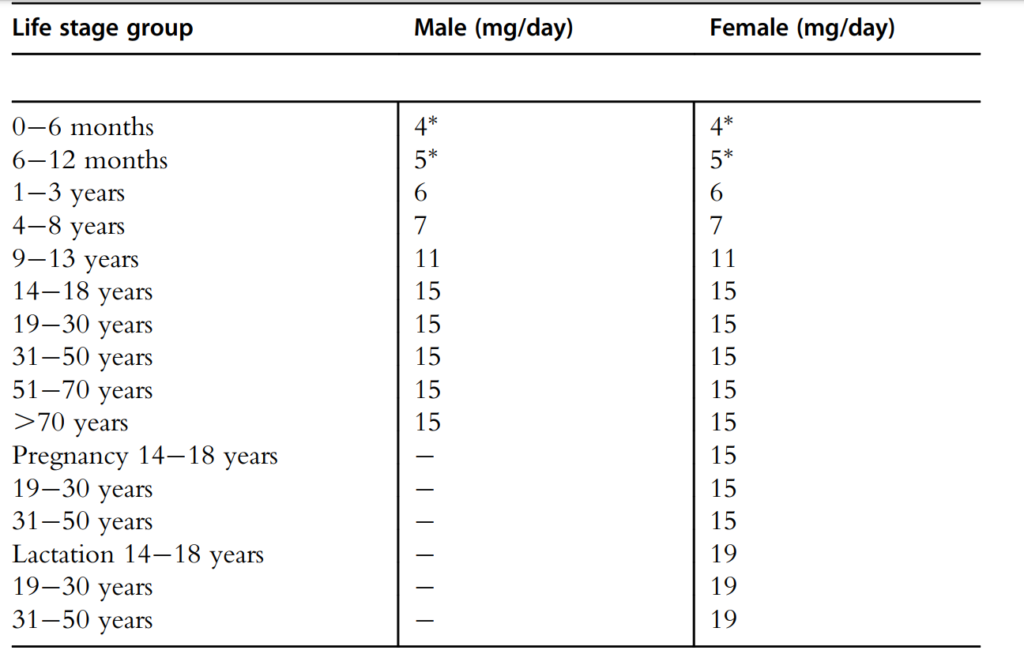Vitamin E, a fat-soluble nutrient, serves several vital functions in the body. Its primary role lies in its antioxidant properties, which protect cells from damage caused by free radicals and oxidative stress. By neutralizing these harmful compounds, vitamin E helps maintain the integrity of cell membranes, DNA, and proteins, thereby supporting overall cellular health and function.
Furthermore, vitamin E contributes to immune function by enhancing the activity of immune cells, helping the body defend against infections and illnesses. It also plays a role in skin health by promoting wound healing and protecting against UV radiation damage. Moreover, vitamin E aids in the regulation of gene expression, blood clotting, and neurological function.
Dietary sources of vitamin E include nuts, seeds, vegetable oils, leafy greens, and fortified foods. Adequate intake of vitamin E is essential for optimal health and well-being, and deficiency can lead to neurological problems, muscle weakness, and impaired immune function.
Requierment :

Functions :
It was assumed that its antioxidant properties were its most important activities in the human body. Consequently, it could be expected to protect against the kind of oxidative damage that can cause cancer and cardiovascular disease. Vitamin E is particularly important in maintaining cell membranes in a healthy state. Its presence appears to be particularly significant in the lungs, red blood cells, heart and brain,
Vitamin E is a fat-soluble vitamin that has strong antioxidant properties. One of its primary tasks is to prevent oxidation, a chemical reaction that can cause illness, disease, and other harmful effects. Vitamin E also plays a major role in maintaining proper functioning of the muscles and nerves, it helps in the formation of red blood cells, and it assists in the utilization of vitamin K. Recent studies show that vitamin E is a major factor in preventing heart problems by helping stop oxidation of cholesterol in the arteries. It appears to protect against certain cancers, provide relief of fibrocystic breast disease and PMS, and help maintain metabolic control in diabetes.
Deficiency :
Vitamin E deficiency can cause nerve and muscle damage that results in loss of feeling in the arms and legs, loss of body movement control, muscle weakness, and vision problems. Another sign of deficiency is a weakened immune system.
In children, symptoms may include slow reflexes, difficulty walking, loss of coordination, loss of position sense.Vitamin E deficiency can be the result of an underlying condition. Many conditions prevent your body from being able to adequately absorb fats, including fat-soluble nutrients like vitamin E.
This includes:
- chronic pancreatitis
- cholestasis
- cystic fibrosis
- primary biliary cirrhosis
- Crohn’s disease
- short bowel syndrome
Food sources :
Vegetarian Sources :

A . Leafy green vegetables (per 100 grams) :
- Spinach: 2 mg
- Kale: 0.9 mg
- Swiss chard: 1.89 mg
B. nuts(7.3mg) and seeds(15mg), such as almonds(25.63 mg), sunflower seeds(35.17 mg), peanuts(8.33 mg), and peanut butter
D. Mango: 3mg
E. Broccoli: 3.18 mg
Non-Vegetarian Sources (per 100 grams) :

A.Milk: 1.15 mg
B. Salmon: 2mg
Supplements :

Over Dosage :
There is a tolerable upper limit set by the FNB for vitamin E at 1,000 mg or 1,500 IU. This is based on the side effect of hemorrhage. Vitamin E interacts with a lot of medications in a variety of ways. The risk of bleeding increases if vitamin E is taken with warfarin or other anticoagulants (blood thinners).
Conclusion :
So, the best choice is to eat a well-balanced diet and get these nutrients from food sources.


